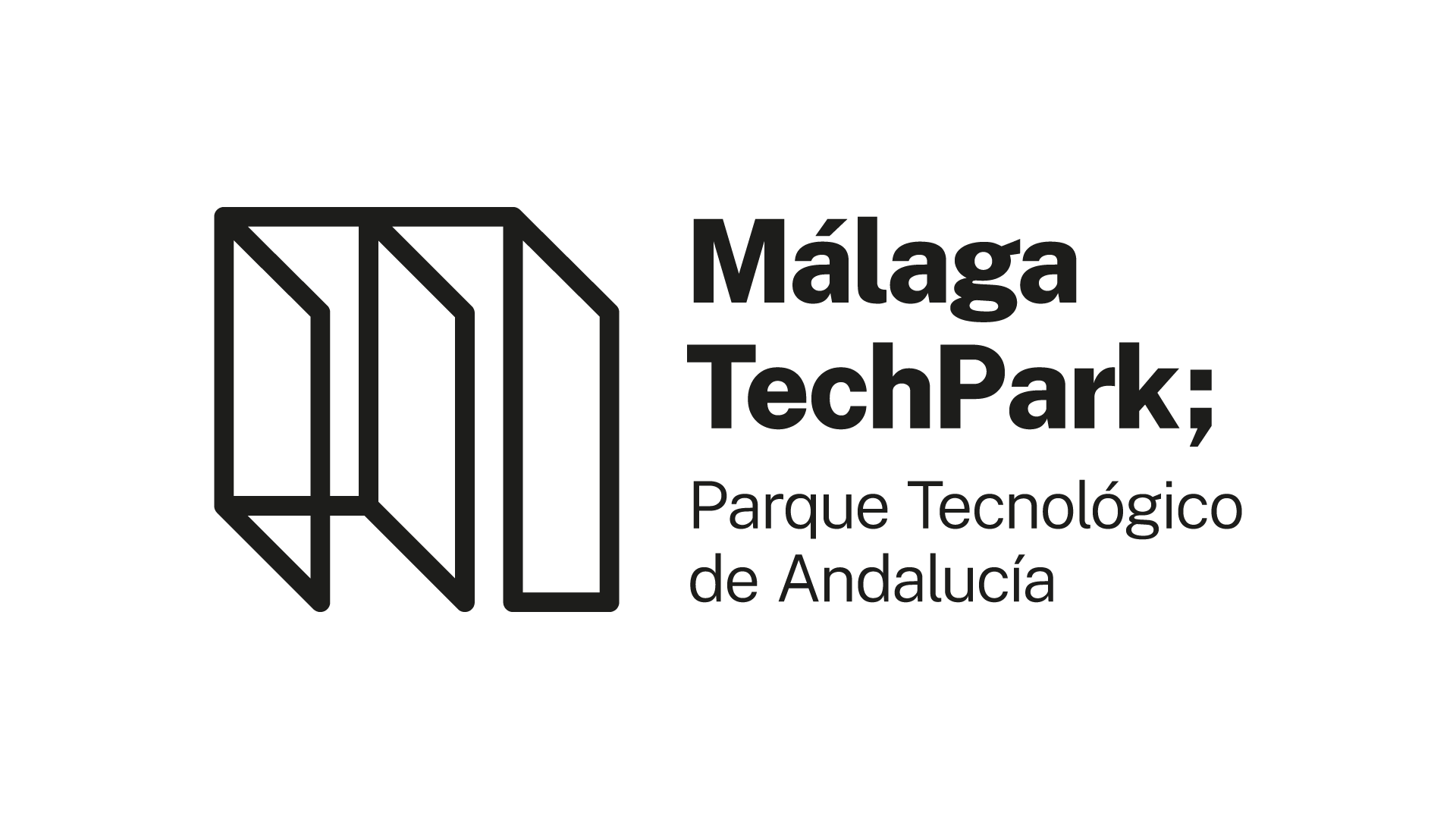-
With an investment of 5.5 million euros, its aim is to strengthen training in the field of microelectronics
The University of Málaga presented the Cátedra Chip to companies, whose aim is to strengthen research, dissemination and training in the field of microelectronics. With a funding of 5.5 million euros – within the framework of the European Recovery, Transformation and Resilience Plan, financed by the EU with Next Generation funds – it is the best financially endowed of all those to be launched in Spain under the “Cátedra Chip” programme, with a public investment of 45.7 million euros distributed among 17 universities.
In this project, the UMA goes hand in hand with Innova IRV and the other institutions that pushed for the choice of Málaga to shelter a headquarters of the IMEC (Interuniversity Microelectronics Centre), the world’s leading R&D centre for semiconductors.
The Cátedra Chip Universidad-Empresa (university-company) Málaga Microelectronics – its exact name – was presented to some thirty companies at a ceremony held at the Rectorado (Rectorate), chaired by the rector, Teodomiro López, who was accompanied by the mayor of the capital, Francisco de la Torre, and Mario Nemirovsky, CTO of Microelectrónica de Innova IRV (Innova IRV Microelectronics) at the inaugural table.
All of them congratulated themselves on the fact that the Cátedra is coming to Málaga and with the maximum funding requested, a consequence of the good work done by all the members of the city’s technological equation, that has determined a solid project with a great future. In the words of the rector, “we have set a milestone, so if we all work hand in hand, we will be successful.” For his part, the first councillor assured that the launch of this Cátedra, together with the development of the IMEC, “will attract many companies in the sector,” while Mario Nemirovsky emphasised the unique nature of this project, “which brings together three areas of technological research: analogue, digital and photonics-related.”
University-Company
The Cátedra Chip is not a typical sponsorship chair that is set up in academic institutions, but rather a university-company chair, a training project that fills the gap in the microelectronics sector. Therefore, in addition to government and European funding – 85% of the 5.5 million euros – there is also a 15% contribution from the companies that are part of the project. Most of the funding is earmarked for the recruitment of doctoral and post-doctoral students, i.e. the attraction and development of talent.
According to Enrique Márquez, Vice-Rector of Empresa, Transferencia y Transformación Digital (Business, Transfer and Digital Transformation) at the University of Málaga, the first training programme under this Cátedra will be the creation of the Master’s Degree in Microelectronics and Semiconductors, which will have 25 places and will start next academic year.
“These chairs are part of the PERTE Chip framework and correct the deficit in training and research that has existed in the field of microelectronics in Spain and Europe for decades, when all production was relocated to Asia,” continues Márquez, who adds that “it was precisely the supply crisis that occurred after the pandemic that made Western countries realised the need to have their own semiconductor industry, since they are essential in any electronic device, something like the oil of the digital economy.”
Analogue, digital and photonics
The UMA Cátedra Chip will be based on three pillars: photonics, supported by the powerful research group led by professor Iñigo Molina; analogue, with the radiofrequency, microwave and millimetre group led by Enrique Márquez himself; and digital, led by Miguel Ángel González. Therefore, the Cátedra is based on these three technologies. The UMA has contacted many companies through Innova IRV, generating technical projects of interest to them, which has been the basis for them being granted 100% of the funding requested.
A total of 13 technological companies will be involved in this Cátedra: Aertec Solutions, AGPhotonics, Atarfil, Bioherent, Cosigein Ingeniería, Celestia TST, Eurecat Foundation, Keysight, Premo, PhotonicSense, Ontech Security, Smart Health TV Solutions and Tedial.
The CTO of Innova IRV stressed today that another of the characteristics of the Cátedra Universidad-Empresa is its international vocation, through agreements with UCCS (University of California). In this sense, the Instituto Fundación Ricardo Valle (Foundation Institute), an institution born in the midst of the pandemic and which is the seed of the growth of the discipline in Málaga, has stressed that the joint work of the university, institutions and industry will be essential to strengthen the areas that have a high forecast demand for staff.

